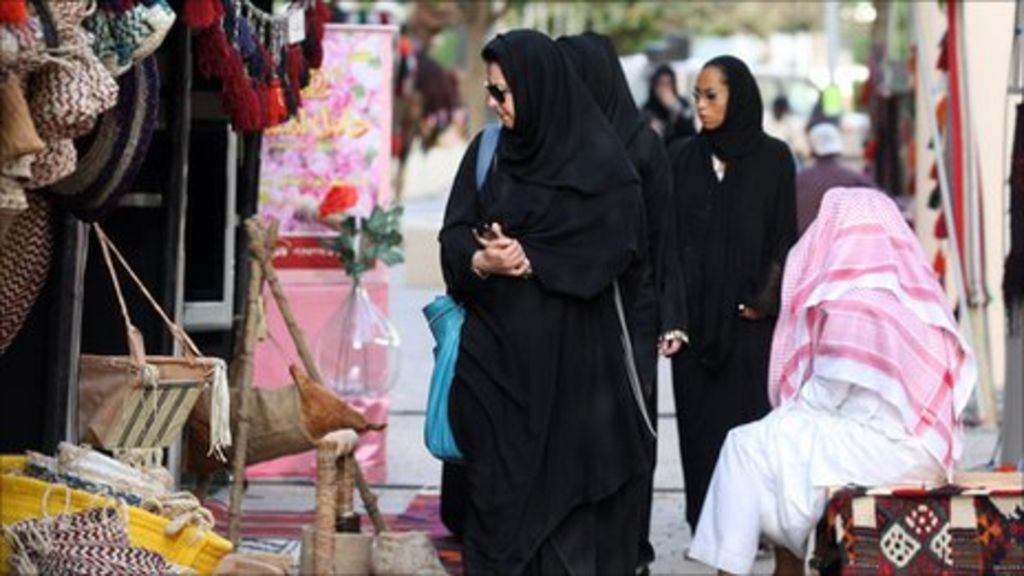On June 16, ADHRB associate Amanda Milani delivered an oral intervention at the 32nd session of the United Nations Human Rights Council in Geneva under Item 3. Please continue reading for full remarks or click here to download a PDF.
Mr. President, Esteemed Panelists,
Americans for Democracy & Human Rights in Bahrain welcomes this opportunity to discuss the 2030 Agenda for Sustainable Development in light of its focus on Goal 5: Achieving gender equality and empowering all women and girls. While recognizing that this goal sets a plan of action for all Member States, we are concerned that in Gulf Cooperation Council (GCC) countries, ongoing discriminatory practices cause these states to lag behind in progress on the SDGs.
In particular, we are very concerned by discriminatory nationality laws that continue to deny women the right to pass on their nationalities to their children. This continues to emphasize women’s unequal status to men before the law in Gulf countries.
More concerning is the continued presence of the male guardianship system, which requires that women are escorted by a male ‘guardian’ at all times. The guardianship system, for example, renders women unable to seek medical assistance or receive medical treatment without the consent of their guardian. It also forces women to appear in court escorted by their male guardian, even in the process of petitioning for divorce. Women must obtain the consent of their guardians to enroll in higher education, to apply for jobs and to travel. This discriminatory system relinquishes women’s autonomy and directly reinforces gender inequalities. It can also make women vulnerable to several forms of abuse at the hands of their guardians.
Given that gender inequality in its broadest definition is not conducive to sustainable development, we would therefore like to ask the panel: How do severe gender inequalities such as the discrimination of women in law and practice also impact upon the progress of other SDGs?
Thank you.





